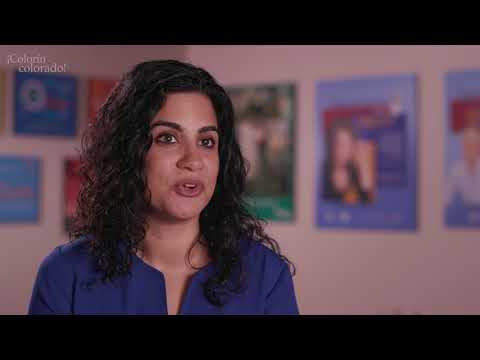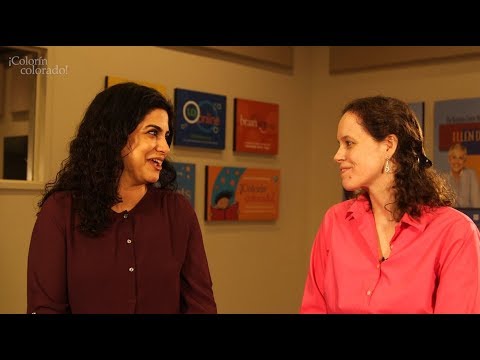Getting Students' Names Right
One of the most important steps to building a positive relationship with ELLs is to learn to pronounce students' and families' names correctly. It is also critical to make sure that students' names are spelled correctly when entered in school databases. We have some strategies and tools for learning new names below, as well as tips on how to ensure that student names are written and spelled correctly.
Featured Articles
- 10 Strategies for Building Relationships with ELLs
- 10 Things You Need to Learn About Your English Language Learners
- What’s In a Name? The Story Behind NameCoach
Related Video
Books and Booklists
Recommended Resources
Getting It Right: Reference Guides for Registering Students With Non-English Names
Getting a student’s name right is not just a question of pronunciation. Incorrectly entering student names in school databases can mean that the same student is listed in different databases in various ways, often with incomplete records. Consequently, students who are eligible for services (for example, English learner support) can be unidentified or overlooked.
This set of naming conventions guides from IES and REL Northwest can serve as a reference for accurately and consistently entering students’ names in school, district, and state databases as well as address and greet parents and other family members in a culturally responsive and respectful way. The guides are available for students with home languages of Arabic, Chinese, Hindi, Korean, Russian, Somali, Spanish, Tagalog, Ukrainian, Urdu, and Vietnamese.
Articles and Websites
- Mispronouncing Students' Names: A Slight That Can Cut Deep (Education Week)
- My Name, My Identity Campaign
- #mynamemyid
- Activity: Your Name is Everything You Are (SeeSaw)
- How to Respect My Ethnic Name (@AnpuLondon)
Personal perspective: Dr. Edward Fergus
Dr. Edward Fergus is Associate Professor of Urban Education and Policy at Temple University. Dr. Fergus is a former high school teacher, program evaluator, and community school program director. His 2016 book, Solving Disproportionality and Achieving Equity: A Leader's Guide to Using Data to Change Hearts and Minds, focuses on Black and Latino boys' academic and social engagement outcomes, disproportionality in special education and suspensions, and school climate conditions.
In this excerpt from the introduction, Dr. Fergus describes the moment when, after arriving in the U.S. from Panama at the age of 9, he was instructed to change his name from "Eduar/Eduardo" to "Ed" or "Eddie" and the power of that moment in his life.
Tips from a Teacher
Teacher Chris Homiak recently shared this activity with us :
Tried something new today: had students write their names phonetically, along with the way some teachers (in this first week) have been mispronouncing them. Recorded short videos on iPads, and practiced conversations of how to share with teachers.
I learned that I needed to fix my pronunciation on a few as well. So important to make space for getting this right. By middle school, many have given up and adopted different or shortened names. Many needed to be convinced of the right to expect correct name pronunciation.












